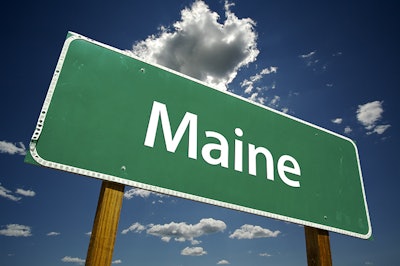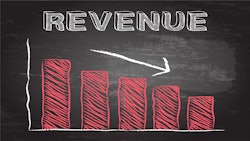
Members of a special committee that drafted the bill after state voters approved legalization in 2016 said they were optimistic that they could reach a compromise on issues that led LePage to veto the measure in November.
“I’m feeling positive that if we can resolve a few of these issues, I think there is a pathway to passing a bill,” said Rep. Patrick Corey, R-Windham. Corey, a committee member who opposed the original measure. The new legalization bill will be debated when the legislative session begins this week, and a public hearing is scheduled for Jan. 5.
The bill would set up a regulatory framework for the sale, production and taxation of marijuana for adult recreational use. Corey said Republicans largely opposed having a portion of marijuana sales tax revenue earmarked for cities and towns that host retail marijuana stores. Many Republicans see that as a form of local-option sales tax that might encourage some towns to recruit marijuana sellers, or lead to “marijuana deserts” in some areas, where legal marijuana would not be available and black markets would flourish, he said.
Corey said there are also concerns that the proposed 10-percent sales tax and 10-percent excise tax on retail sales would not generate revenue quickly enough to cover the cost of setting up a licensing system. He and others have said the sales tax on marijuana should be a flat 20 percent or more to ensure that recreational marijuana pays for itself.
Top image: © Andy Dean | Adobe Stock

























